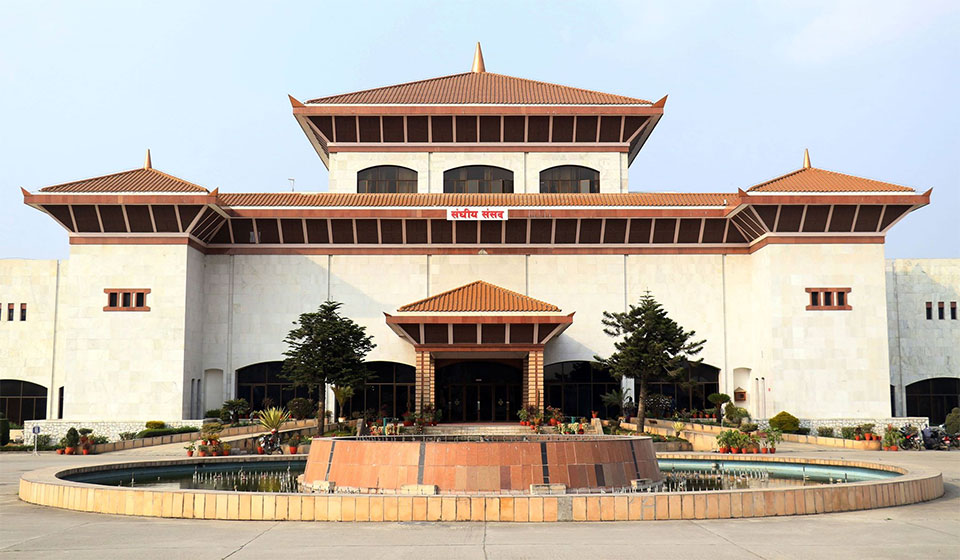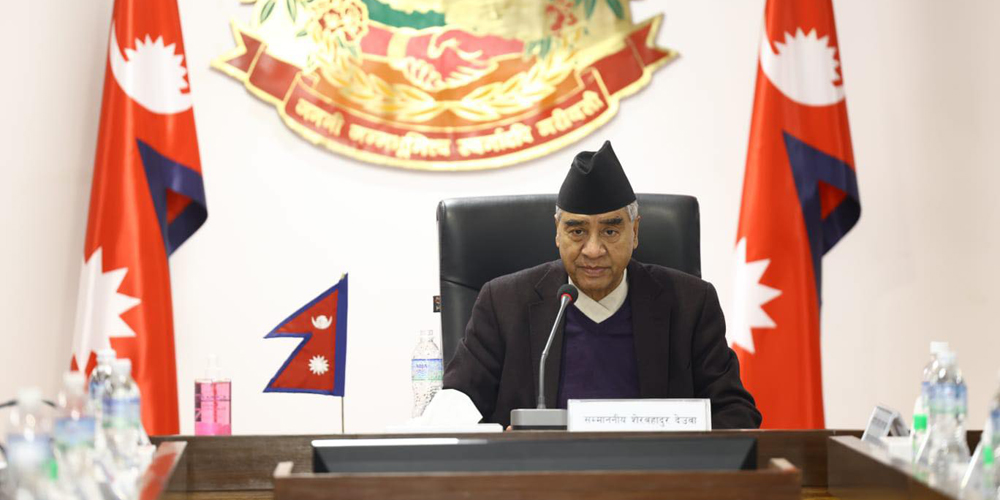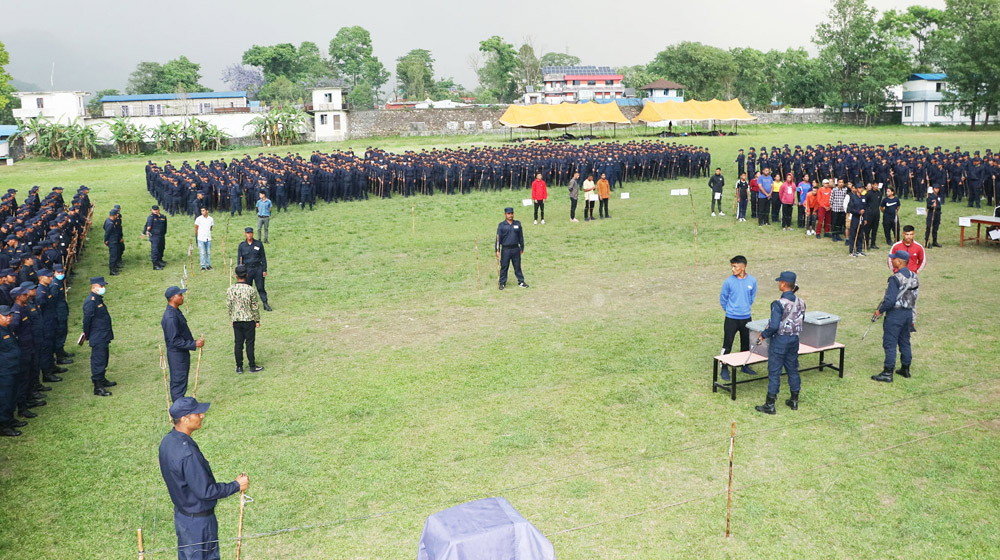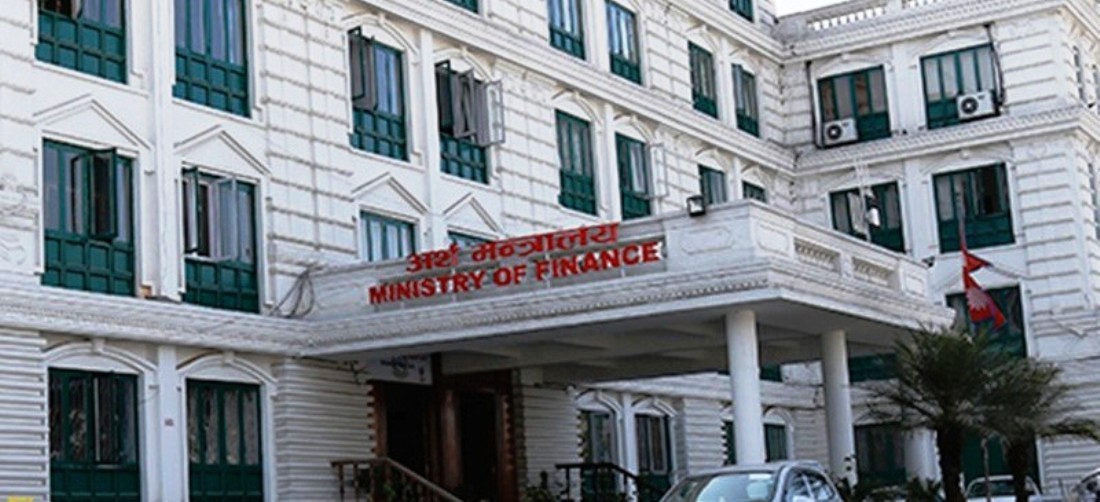With the final results of the elections, the parties are engaged in the exercise of government formation. The parties are in dialogue to make their own equation after no party has got the majority. However, it will take at least a week for the formal process of government formation to begin.
According to the result of proportional election, the commission determines the seats on party basis. Chief Election Commissioner Dinesh Thapaliya has said that, three days will be given to the parties to send the names to be nominated for proportional seats from the closed list in clusters.
According to the Proportional Election Guidelines, if the names from the parties do not match according to the cluster, two more days should be given to correct them. He said that after preparing all the details from the parties, the report will be submitted to the President in a day or two.
After the final result, the process of convening the session of the Parliament and proceeding with the formation of the government will proceed. Article 93 (1) of the Constitution provides that the President shall convene a session of the Federal Parliament within 30 days from the date of the announcement of the final results of the election. However, there is no clear provision as to which government will make the recommendation. It is a practice that the new government has called a session in the past. However, Parliament Secretariat staff says that any government can make recommendations.
The current government can do it too. Anyone who comes can do it. There is continuity of government. That’s not all it says. The previous government was formed on 5th of Magh. Parliament session was called only on 21st Falgun. However, any government can do it,” said Rojnath Pandey, spokesperson of the Parliament Secretariat.
In 2074, when the result of the election was delayed, the government was formed earlier. With the support of Maoists, the government was formed on Magh 5th under the leadership of UML Chairman KP Oli. The session of Parliament was called on 21st of Falgun. However, spokesperson Pandey admits that this practice of forming the government without taking the oath of the members of the House of Representatives is wrong. The exercise that should not have happened in 2074. When KP Oli became the Prime Minister, the MPs were not sworn in. However, that practice became acceptable. What happens next remains to be seen. However, there should be no further action without taking oath,” he said.
Senior advocate Sunil Pokharel, who is well-versed in constitutional law, says that the practice of becoming the prime minister and forming the government without taking the oath of parliament is wrong. “There is no question of appointing the Prime Minister without appointing a Member of Parliament, it is not valid. Members of the House of Representatives will be appointed. To be a member of the House of Representatives the oath of parliament should be taken. Our practice yesterday was wrong. It should be corrected,” he said.
Pokharel mentioned that they are only elected members of the House of Representatives and have not formally become members of the House of Representatives and said, “From the date of taking the oath, they get benefits including salaries and allowances.” Before that, the House of Representatives does not recognize them. To be a Prime Minister, it is mandatory to be a member of the House of Representatives.
There is a constitutional provision that a new government should be formed within 30 days of the announcement of the final election results. According to Article 76, which deals with government formation, after the announcement of the results, the President must call for the formation of a new government. As no party has a majority at present, according to Article 76 (2), it seems that a coalition government of two or more parties will be formed. The leader of the parliamentary party of a party that has reached the majority must submit a claim to the Prime Minister to the President. After being appointed by the President, the Prime Minister must take a vote of confidence in the House of Representatives within one month. There is a constitutional provision that a motion of no confidence cannot be brought for two years after the vote of confidence.
When and how will MPs take oath?
Article 88 of the Constitution stipulates that members of each House of the Federal Parliament must take an oath in accordance with federal law before participating in the meeting of the House or any of its committees for the first time. Parliament session is called by the President within 30 days after the final result of the election. Members of Parliament are sworn in before the first session of the session. In 2074, the session was convened on 21st Falgun and the MPs were sworn in on 20th of Falgun.
Before taking the oath, the senior members first take the oath from the President. Then the senior member administers the oath of office and secrecy to the other members. After the oath, the MPs get the logo of the member of the House of Representatives. Since LOSAPA President Mahantha Thakur is a senior member in the House of Representatives this year, he will first take the oath from the President and administer the oath to the other members. After that, a joint meeting of the elected House of Representatives and the National Assembly will be held.
Election to elect the Speaker within 15 days of the commencement of the House of Representatives meeting
In the first meeting of the Parliament, the top leaders of the party will speak; the agenda will include the passing of regulations. “There will not be many issues in the first meeting,” says Dashrath Dhamala, Assistant Spokesperson of the Parliament Secretariat, “The election of the Speaker is a priority.” It is taken up in the first or second meeting at the consultation of the parties. After that, according to the regulations, it will proceed to the regular agenda of law making.
In Article 91, members of the House of Representatives within 15 days from the date of commencement of the first meeting of the House of Representatives, There is a provision to elect Speaker and Deputy Speaker from among themselves. Speaker and Deputy Speaker must be from different parties and one must be a woman.


 NP
NP





